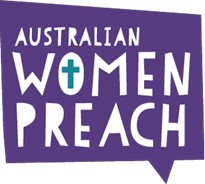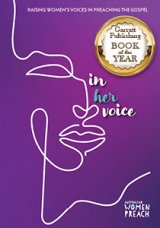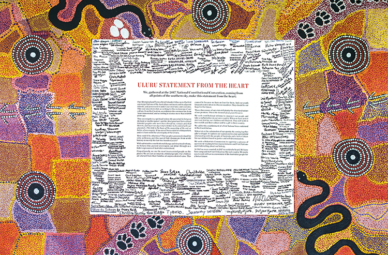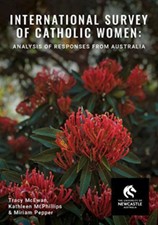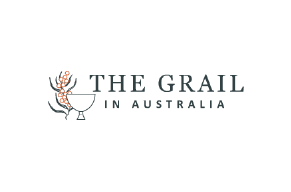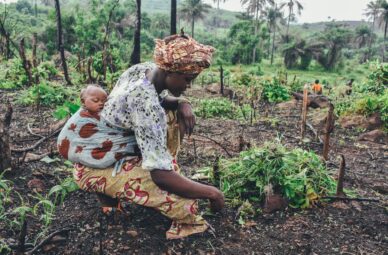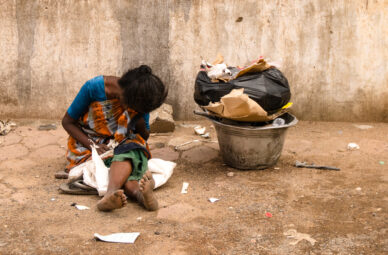Islamophobia and its impacts
October 11, 2015Ann Aboud (Grail Brisbane) recently attended the Australian Psychological Society's annual conference, held in the Gold Coast. One session examined the impacts of Islamophobia, discrimination and counter-terrorism measures on the wellbeing of Australian Muslims and their communities. Below are some brief notes on the topics presented.
Nora Amath, a young veiled Muslim woman spoke on The Impact of Islamophobia on Muslim Civil Society Organisations (MCSOs) in Australia. MCSOs had to change their focus from internal ie looking after the Muslim community to external - liaising with government, media, preventing terrorism for which they were ill equipped, especially to responding to the media frenzy. After tragic events Muslim women feared leaving home. Negative impacts included mistrust from the Muslim community - were they working for ASIO or the Police? Were they spies! Positive effects: They developed resilience, opened mosques to the public, engaged in inter-faith dialogue. External demands took these volunteers away from a focus on their youth, which is now their most important task.
Hanan Dover, another young veiled Muslim woman spoke on The impact of Islamophobia in the climate of fear: Muslim experiences. Hanan compared Islamophobia to racism. She interviewed 415 Muslim participants.They were anxious about counter terrorism laws and some were angry. Muslims felt targeted - passport confiscation, citizenship stripping, instead of school counsellor - call the AFP! She thought Muslims were going back to religious forms of coping for comfort. Programs like CVE (Countering Violent Extremism) imported from the US are not evidence based. The September raids of 18 homes and subsequent arrests only turned up 1 plastic sword. During the ANZAC Day raids, people were beaten up by police. Hanan is documenting the impact of police brutality on Muslim individuals and families and will continue to speak out.
Winnifred Louis, Assoc. Prof. of Psychology spoke on Positioning Muslim women as agents versus victims of Islamophobia, sexism or terrorism. She said counter-terrorism strategies were having the opposite effect to that intended. Muslim women were seen as a) victims of sexism, violent Muslim men or Islamophobia or b) as agents and part of the threat. These conflicting depictions shaped policy eg. Ban the Burqa and put women in a double bind - they did not report domestic violence because of terrorism laws. Added to that was the misinformation promulgated through social media eg. Jacqui Lambie's tweeted photo of a woman in a burqa with a gun as an example of a threat. The woman was actually Malalai Kakar, Afghanistan's 1st female policewoman outspoken on women's rights, who was gunned down by the Taliban.

